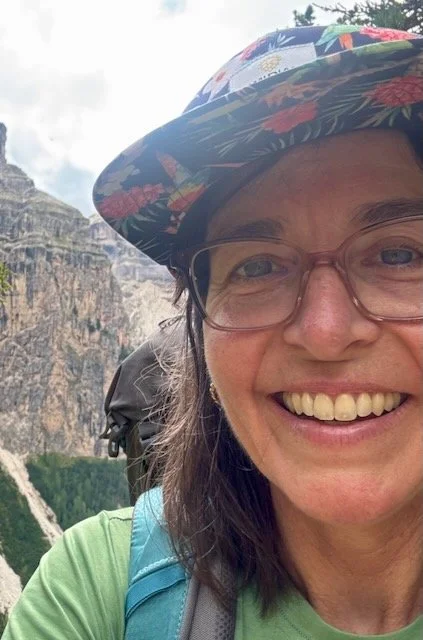#youtoo?
A companion experience to the #metoo movement is the steady thrum of surprising and disappointing news I hear about men, whose work I like and admire or who I just like personally, being accused of sexual misconduct. I am angry. I am frustrated. And I am also more than a little bit afraid of the potential this has to make me distrustful of all men.
Recently I read "You Don't Have to Say You Love Me", and like a number of other works by author Sherman Alexie, this memoir was something I read and loved so much that I couldn't resist telling everyone who crossed my path about it. It has all of my favorite things: incredible storytelling that gets straight to the heart of things, humor, poetry I can understand, and gorgeous writing.
I was excited to share an interview he did on Fresh Air. When I went looking for the link to that interview last week I found something else entirely. Sherman Alexie has been accused by multiple women–10 who spoke with NPR alone, 3 on the record–of sexual misconduct ranging from inappropriate comments to non-consensual physical contact.
Learning this news, my shoulders migrated up towards my ears and my back hunched as I leaned into the screen. Until I read those accounts in detail and Alexie's own statement that, "there are women telling the truth," I felt utter disbelief at the idea that someone, like Alexie, who had personally experienced–and could so thoroughly explore in his writing–the pain and suffering caused by neglect and abuse of power, could inflict this precise harm upon another person. On some level this news made me doubt my ability to accurately assess trustworthiness.
Like so many others, I can relate to the shock, anger, and disappointment expressed by the women speaking out about Alexie's behavior because I have had experiences of unwanted attention and advances by men in personal and professional contexts. I've read many accounts from the #metoo movement (and before it too) that made me outraged but this one touched a specific nerve. This man felt like someone I knew. His writing opened my eyes to contemporary experiences of some Native Americans and to a sense of humor with unimaginable tenderness considering the deep pain and trauma of its origins.
I spent a few days debating whether I still want to recommend this book. Ultimately I do and here's why. We won't change the mechanisms of abuse by removing evidence of the abusers. It felt weirder to me to not say something about this book because it seemed like I was tangentially being shamed by his actions. As if it meant something bad about me that I had enjoyed a book written by a man who has been abusive to women.
While there is a part of me that's glad I read this book before I knew about Alexie's behavior, there's another part that's curious to read it again and see how it lands differently. There are so many incredible books to read, even just within the category of memoir, that I would understand if you just decided to steer clear of this one altogether.
But I do wonder if maybe our best path forward in this deluge of stories about abusers is one of listening and curiosity? (but then, I pretty much always feel that's the best path forward.) Until we understand and openly discuss what leads an abuser to abuse, I am doubtful we will see less of it in our society.



